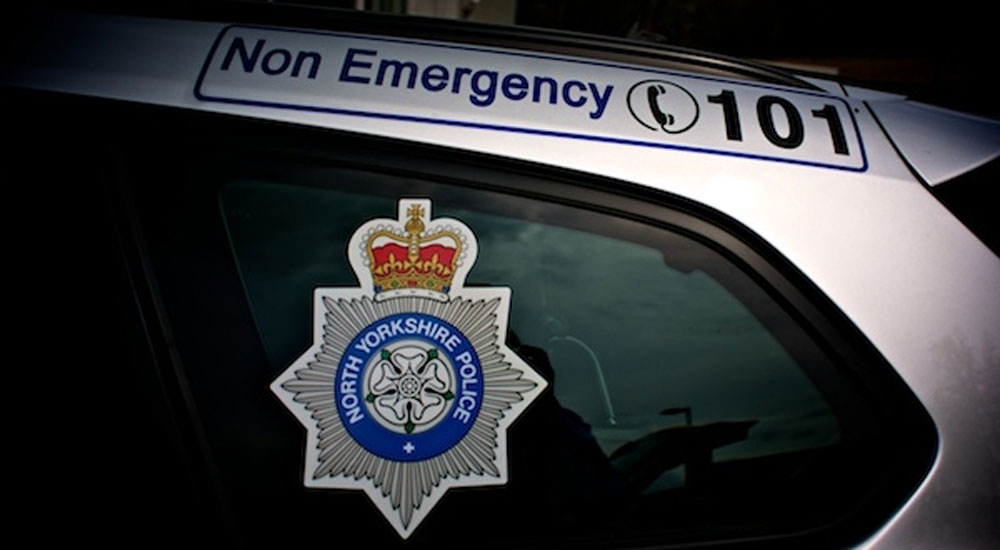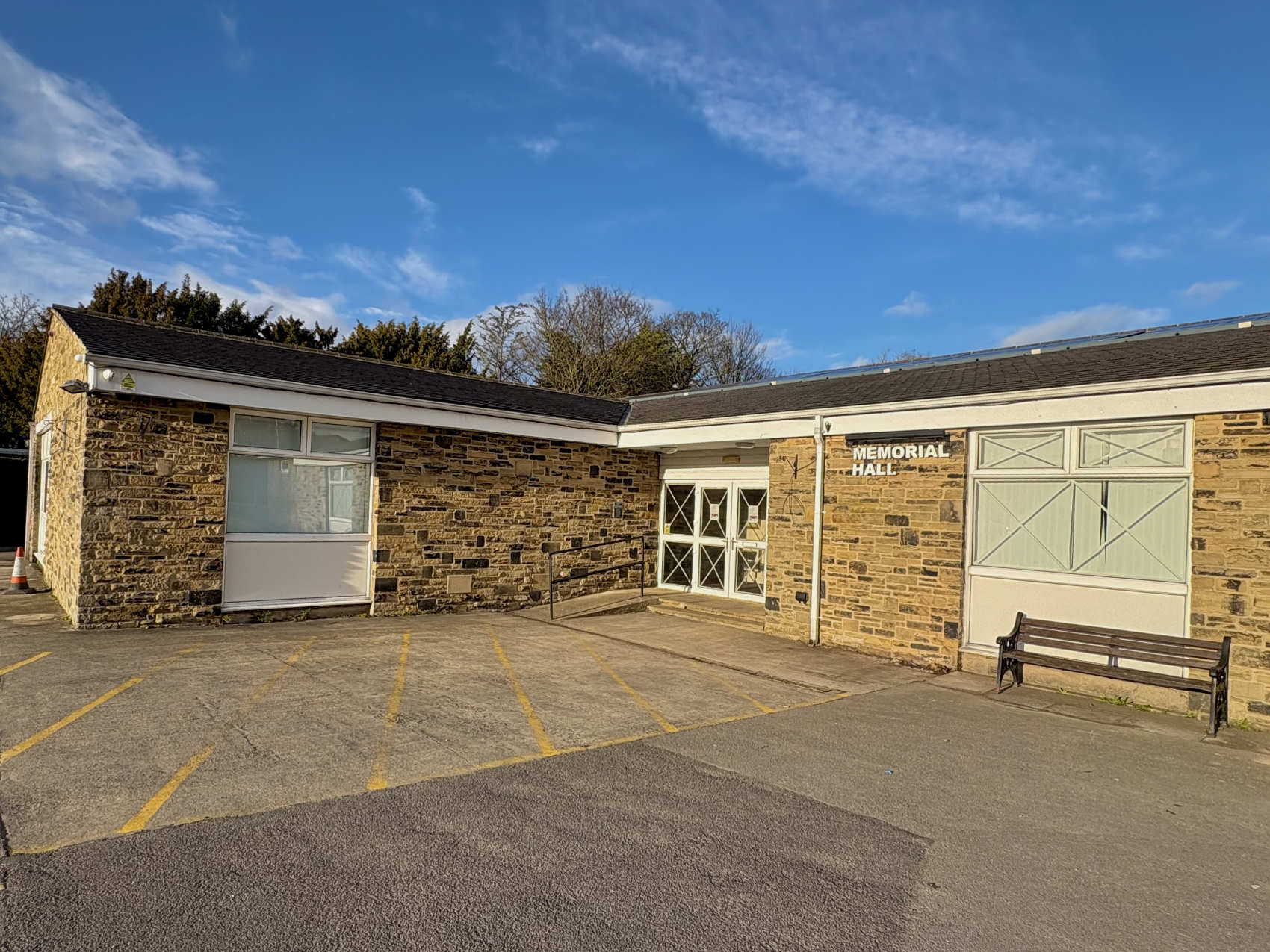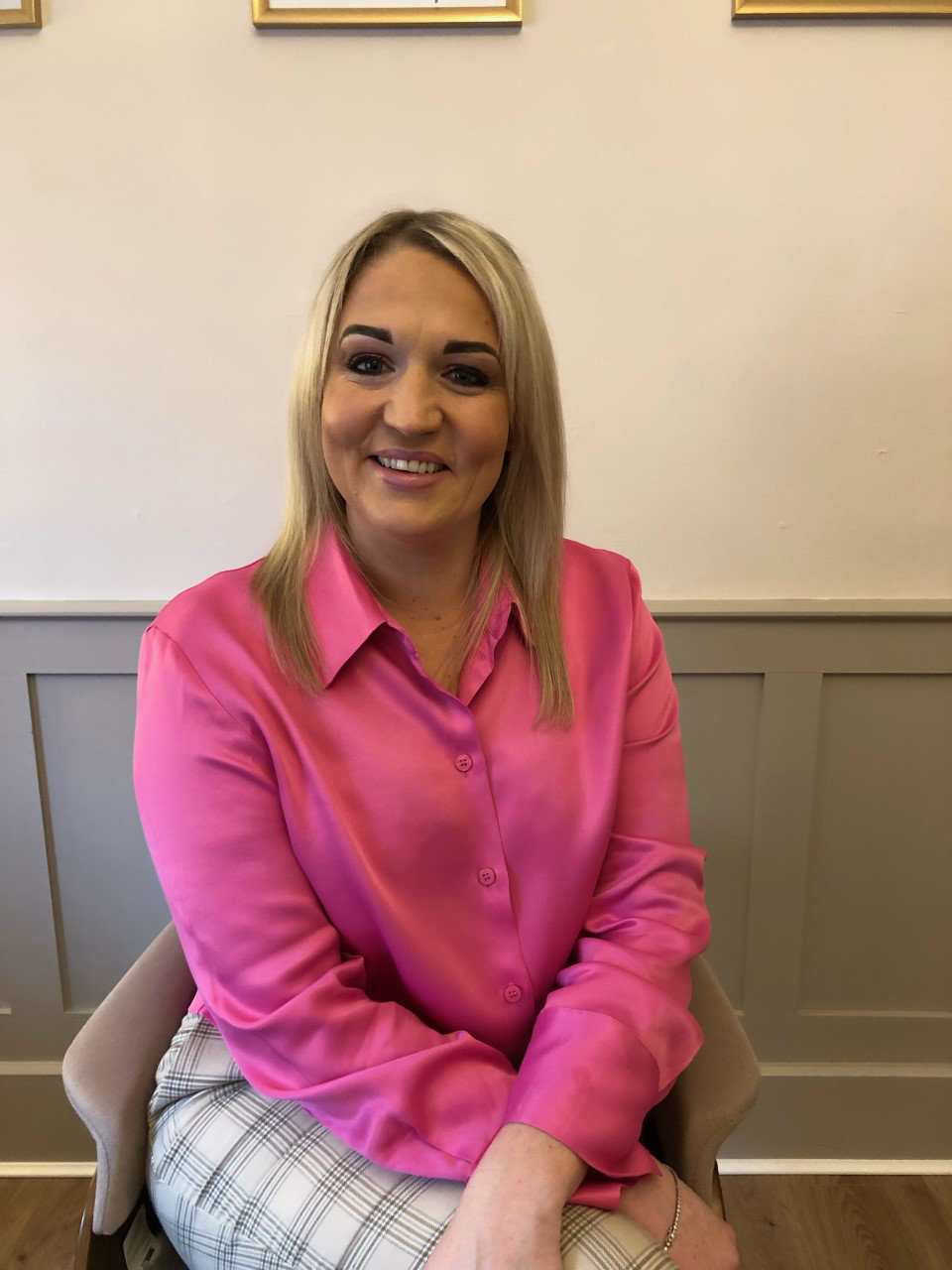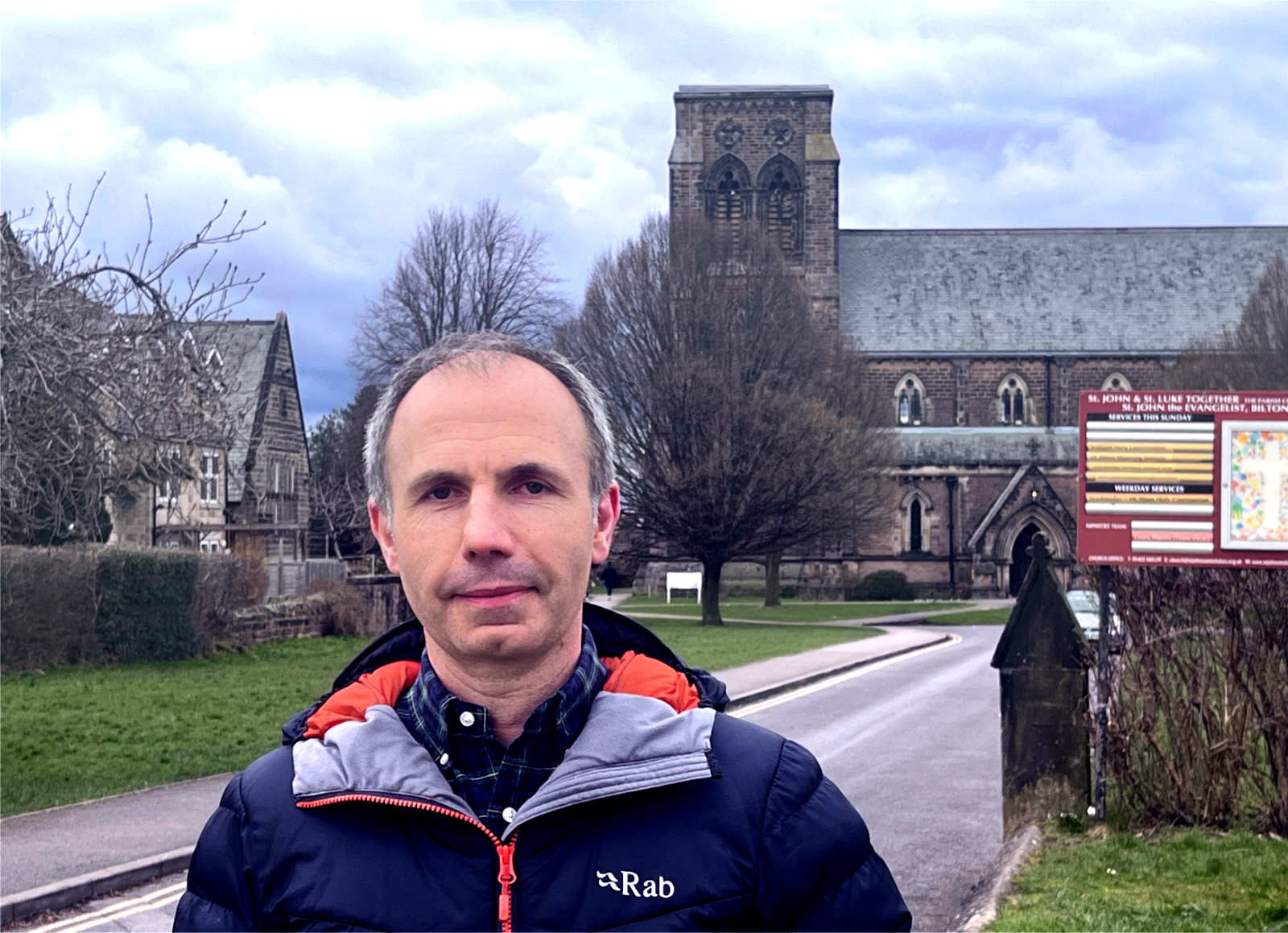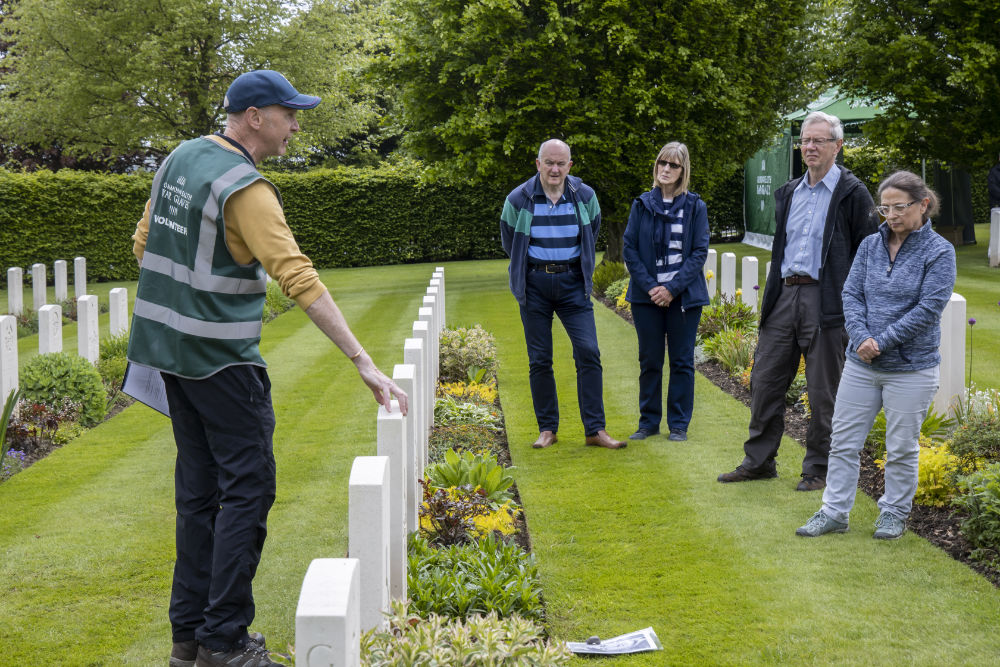The (Independent Police Complaints Commission) IPCC have released annual statistics regarding complaints to police services (7 October 2015).
North Yorkshire Police for 2014/15 shows a five percent overall decrease in the number of complaints, but a five percent increase of allegations against officers compared with the previous year. There was also a three percent reduction in the number of appeals made by dissatisfied complainants.
The IPCC have however criticised the way complaints are handled nationally given the wide inconsistencies in the way police complaints are handled.
The number of complaints made have increased, with a marked differences in the way police forces across England and Wales handle complaints – and there are more people dissatisfied with the way their complaint has been handled.
In 2014/15, there was a 6% overall increase in the number of complaints made – more than 37,000 in all. At the same time, the total number of appeals made by dissatisfied complainants increased by 7%. The statistics also reveal marked inconsistencies in:
- the proportion of complaints that are initially upheld in each force, ranging from 7% to 27%; and the proportion of investigation appeals each force upholds, ranging from none to two-thirds
- whether forces investigate most complaints formally, or use more informal ‘local resolution’ processes: some forces investigate over 70% of complaints; while others use local resolution in over 70% of cases
- the success rate for complaints investigation appeals considered by the IPCC (39%) remains twice as high as when those appeals are heard by forces themselves (19%)
- the length of time taken to resolve complaints – with averages ranging from 52 to 205 days.
Commenting on the figures, Detective Superintendent Maria Taylor, who leads North Yorkshire Police’s Professional Standards Unit, said:
A reduction in the number of complaints received is obviously important, and we are pleased to be bucking the national trend, but the more important thing is the way that complaints are dealt with.
The vast majority of complaints received by North Yorkshire Police are about low-level issues – for example, someone querying why it is taking time to return property used in an investigation. For these types of issues we have changed our process to put the focus on resolving issues quickly where we can, rather than automatically putting everything through a full complaints procedure which takes longer, and can be out of proportion to the actual issue. Our new process was audited by the HMIC this year and accepted as an efficient and effective way to work.
The IPCC figures show that we are heading in the right direction when it comes to dealing with complaints, but we will keep looking for ways to improve it further.
Dame Anne Owers, Chair of the IPCC, said:
These figures show a complaints system that is both over-complex and inconsistent, and is clearly failing to satisfy a significant number of complainants. Chief Officers and Police and Crime Commissioners should look closely at the figures for their own forces to satisfy themselves that complainants are being treated fairly and well.
However, the underlying problem is the system itself. We welcome the fact that the government proposes to bring in legislation to simplify and streamline a system that at present satisfies neither those who need it nor those who have to operate it.
| Complaint numbers | 2013/14 | 2014/15 | Change % |
| North Yorkshire Police | 517 | 544 | -5.00% |
| Number of allegations | 2013/14 | 2014/15 | Change % |
| North Yorkshire Police | 951 | 995 | 5.00% |
North Yorkshire recorded 353 allegations per 1,000 employees. By comparison, Lincolnshire recorded 580 and Warwickshire 151 per 1,000 employees.
83% of allegations finalised by investigation in 2014/15 were upheld against North Yorkshire Police.
The full report can be seen here:
https://www.ipcc.gov.uk/sites/default/files/Documents/research_stats/complaints_statistics_2014_15.pdf
Julia Mulligan, North Yorkshire’s Police and Crime Commissioner, said:
The IPCC are clear that complaints in North Yorkshire are dealt with pretty well. There is always more that can be done, including resolving complaints quicker than the three month average, and I know the Deputy Chief Constable strives to make the complaints process as simple and fair as possible. Dame Anne Owers is right though, the complaints system itself is the problem at hand, and without the fundamental reform from central government I am fighting for, things can only improve so far. Hopefully this report will give the Home Secretary added incentive to implement her proposed changes as quickly as possible.

